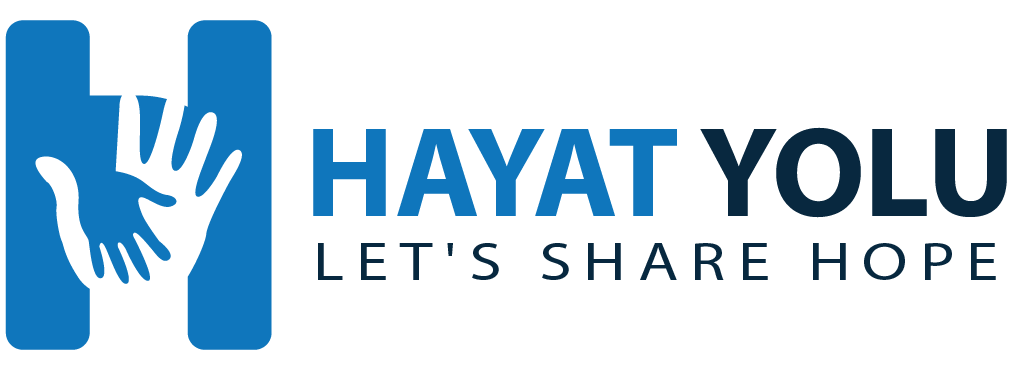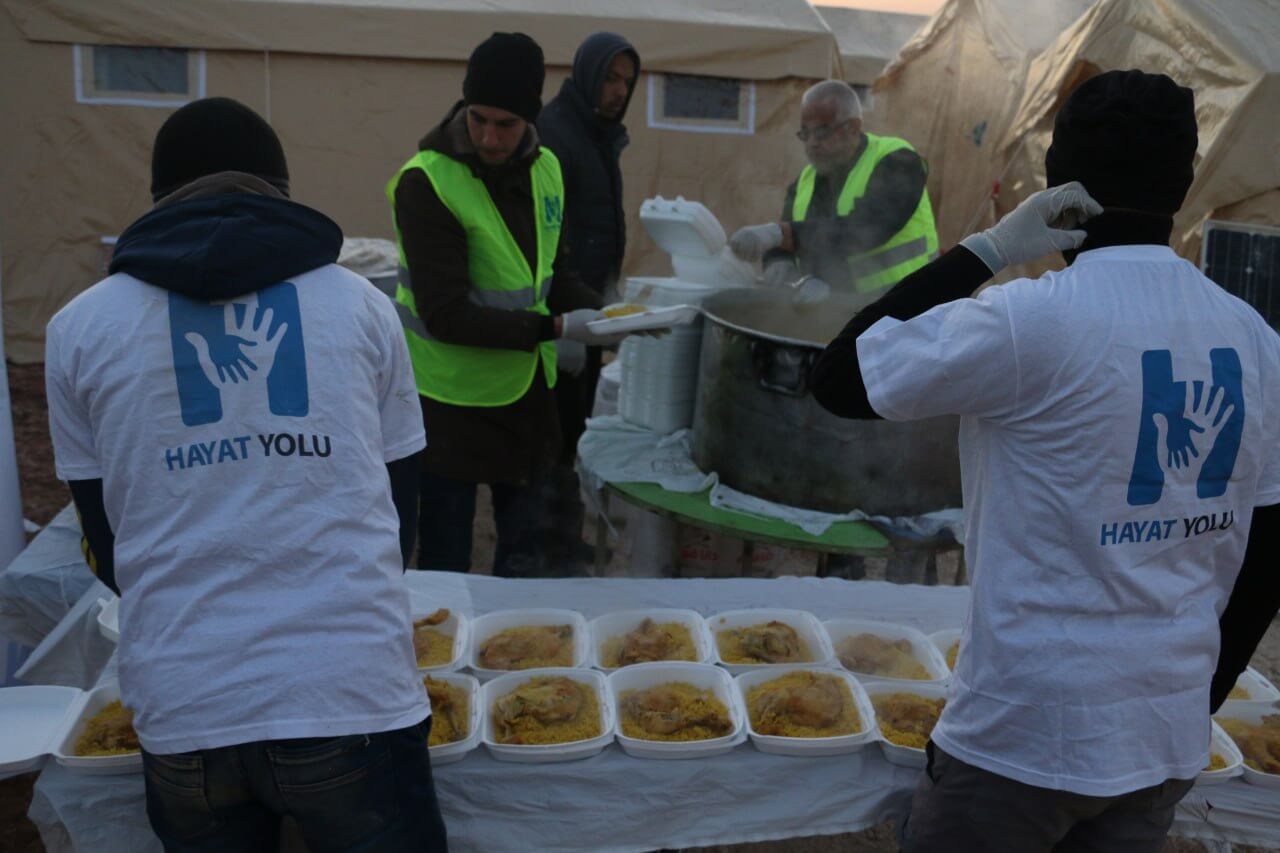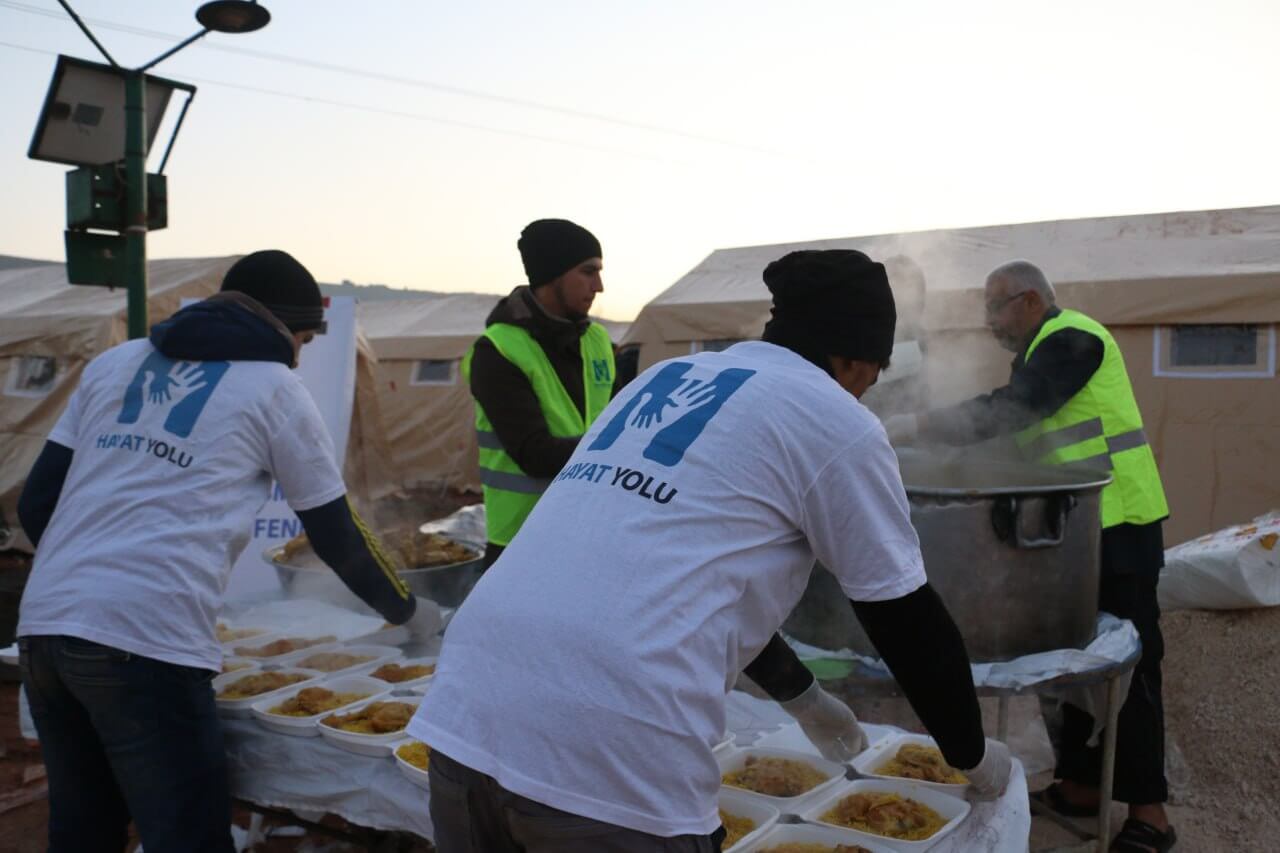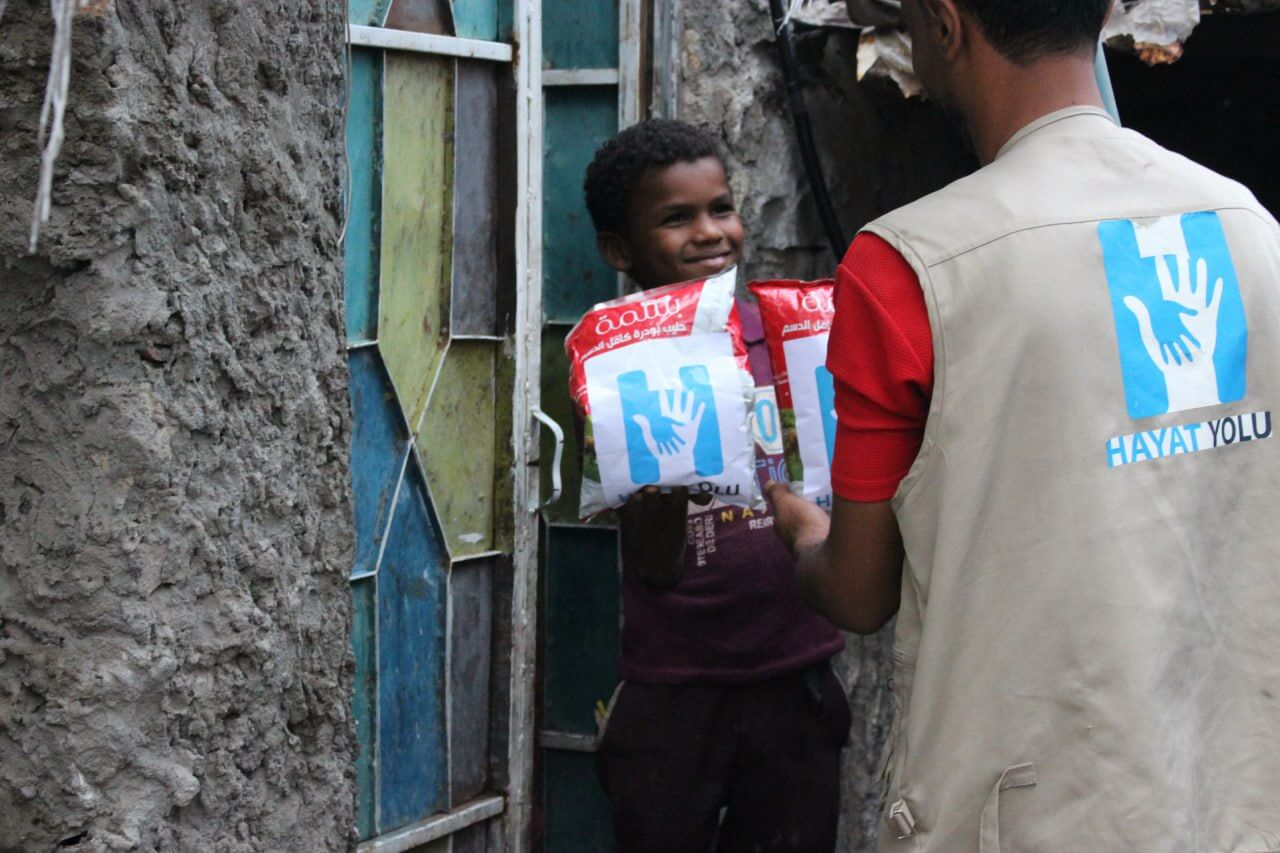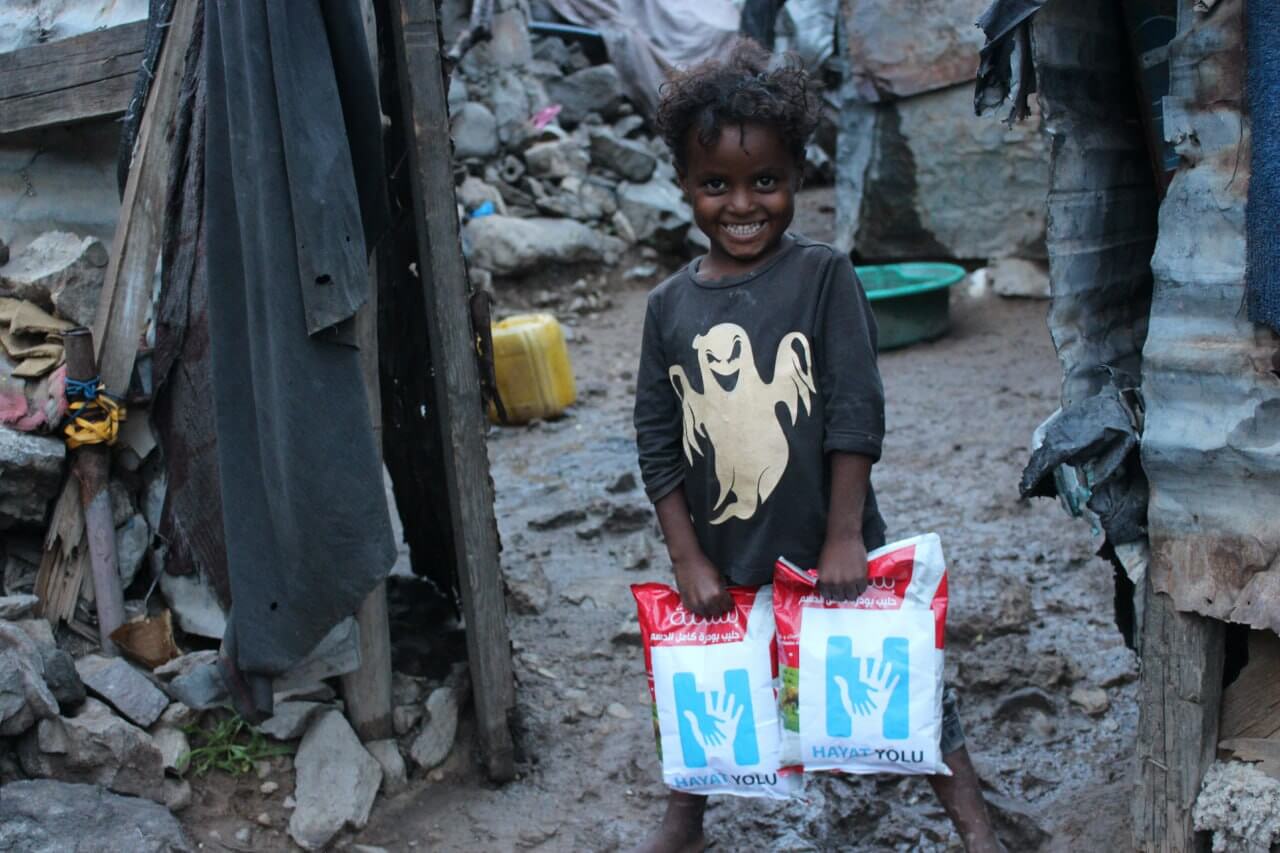Lebanon

About the country
About Lebanon
Since the outbreak of war in neighboring Syria, thousands of Syrians have sought refuge in Lebanon. Lebanon is considered the host of the biggest number of refugees, especially Syrian refugees, in the whole world in comparison to its space and population. This fact placed unprecedented pressure on Lebanon’s economy, public services and infrastructure; as well as on social relations within the country’s fragile sectarian balance.
Recent UNHCR assessments:
Recent UNHCR assessments have indicated that more than half of Syrian refugees in Lebanon are living in substandard shelters; this challenge exacerbates their suffering especially in the winter months when snow, rain and floods duplicate their hardship.
Also the public education sector, was overloaded where the primary school gross enrollment ratio reached 113% between 2008 and 2014. Similarly, national unemployment rates have doubled since the conflict began which led to frustration on the part of Lebanese nationals; who feel that the growing number of refugees pose a serious threat to the economic livelihoods of citizens.
Today, Lebanon faces an unprecedented challenge in meeting the needs of its population and Syrian refugees; so there is an urgent need for greater support to achieve development goals.
- Refugees in Lebanon
- Hayat Yolu in Lebanon
About the country
Refugees in Lebanon
- 5 million Syria refugees making 1/5 of the population.
- 200,000 Palestinian refugees
- 19,000 refugees from other countries.
- Education and health services abilities are overstretched.
- 70% of children in school age are unable to access education
- Economy suffers from fatigue and poverty rates reached 35%
- Unemployment rates have doubled since the beginning of the conflict

About the country
Hayat Yolu in Lebanon
- 5,000 people received food aid
- 1600 families received Qurbani.

Story from Lebanon
Stories of suffering
“We managed to save our lives, the bombing intensified in the village and we did not know what to do; and did not think of anything but our children.
suffering a lot until we reached Arsal, there were families who had arrived before us. We saw how much difficult the conditions of the arrivals before us, but we had no other choice. At least we saved our lives and our children.
” Mrs. Sanaa told us about her exodus and her family leaving her town after the attack intensified. “We did not even have food, but we received assistance from some of the institutions that were visiting the camp and the real tragedy was when the winter came. we witnessed the most difficult days in our life. It is very painful to see our children living this suffering.The aid we were receiving from the institutions that take care of the refugees in the camp relieved us a little.
Hayat Yolu provided us with food aid so that we no longer worried about the issue of food, but we still had other concerns.
” Mrs. Sanaa continues referring to her two children, Yazan and Rami, “Rami was six years of age, and Rami was three. The cold waves often raided them, and they did not leave the bed for days because of the cold and because there were not enough clothes for us”.
The winter season in Arsal is very harsh, as temperatures fall below zero on most days and snow falls heavily on the camp. “While we were in our most dire situations, we received winter aid from Hayat Yolu that included clothes, mattresses and blankets, after which we were able to feel warm. We only had one cover for the two children.
Thank God these conditions have changed now.”
